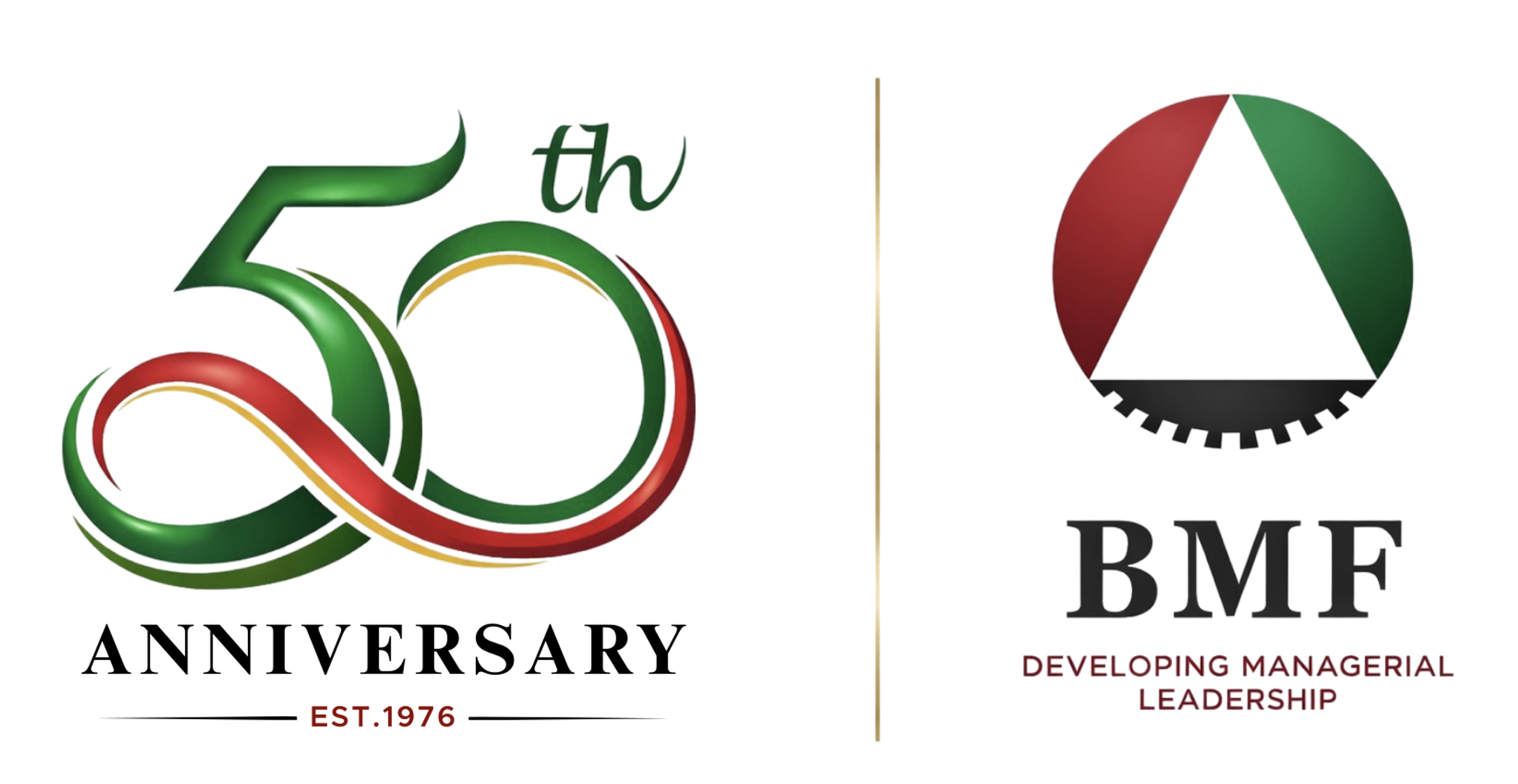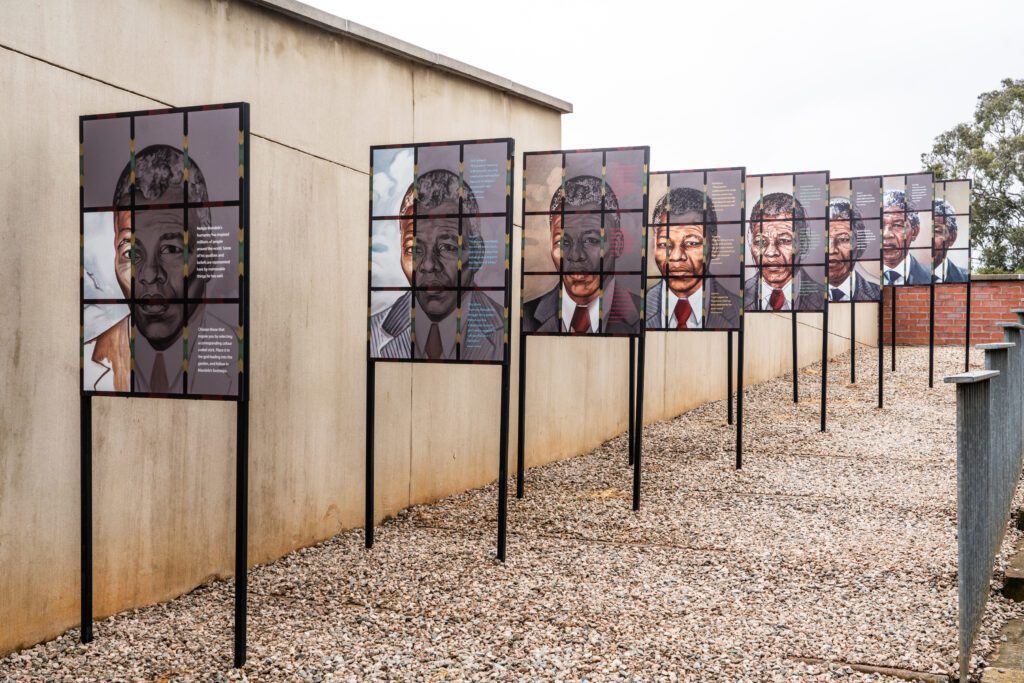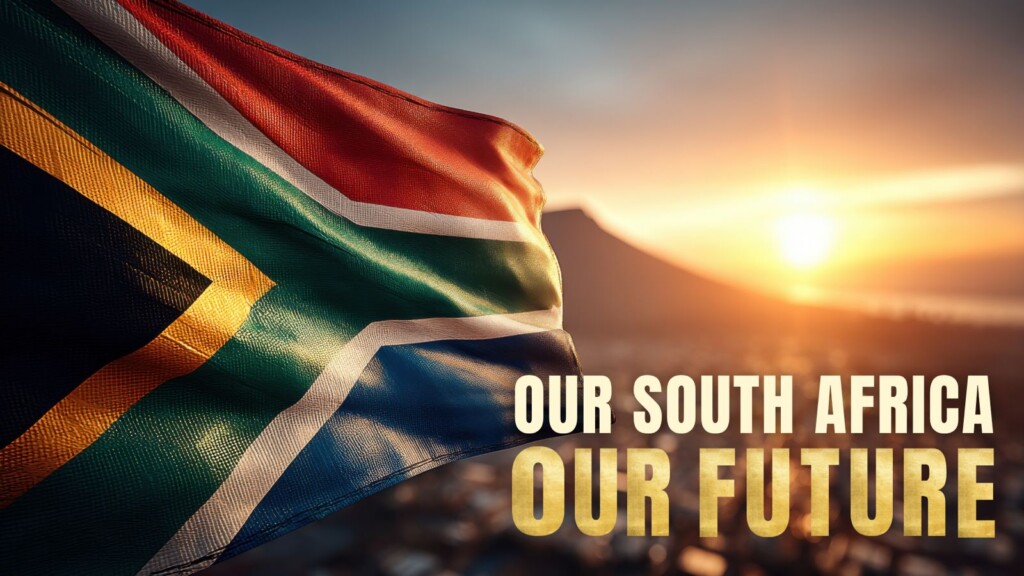30 Years of Democracy:Why Transformation Can’t Wait

Confucius tells us that we learn wisdom in three different ways, firstly, by reflection, which is the noblest, second, by imitation, which is easiest, and third by experience, which is the bitterest. In this transformation journey how have learned wisdom and what will we champion moving forward?
The Black Management Forum has been at the forefront of driving corporate transformation, empowerment of managerial leadership and advancing socio-economic transformation in South Africa. As the country is in full throttle around reflecting on the thirty years of democracy, we too as the BMF must begin to reflect on our organisation, its mandate and how we can further deepen our gains.
We need to think deeper about the quality of leaders we have developed in the past 48 years and how the next 50 years of BMF will look like, in form, shape and substance. We must apply wisdom in rethinking who we are, and who we want to become, for the benefit of the country, and particularly the future.
We can all agree that the pace of transformation in the country is not what is desired or wanted. There is a growing feeling that there has been neglect on the part of business and government on the next phase of transformation.
This lack of progress directly contradicts the BMF’s 2024 theme, ‘Accelerating Economic Transformation and Inclusion to Deepen the Gains of Democracy.’ For true democracy to flourish, economic opportunity needs to be accessible to all citizens, not just a select few. As we survey the available data on key tenets of transformation, black ownership remains in question, especially with the advent of indirect ownership principles that do not assist us in matching our ambitions about ownership.
Management control on the other hand is strategically avoided by corporates through advancing other races in training and development, recruitment and promotion at the highest level, then budgeting for penalties. This attitude goes hand in hand with the prevailing old order culture and thought process of corporate. Even black people who make up less than 20% at the highest level in the private sector seem to have been swallowed up by the culture towards transformation.
We must pause here and reflect according to Confucius, that businesses are the primary beneficiaries of transformation and not individuals.
When an organisation transforms, it gives itself permission to become what it could never be by keeping black people out of itself. It gives itself permission to live anew. Secondly, the future of corporate and its survival rests with black people, because we are the majority.
Therefore, acceleration of this aspect of transformation ought to be championed and ensuring that the current proposed sector targets be increased, we cannot accept where we are, therefore these proposed targets can be exceeded by business, especially at the C-Suit level. The penalties for non-compliance can be put into a new professionals’ skills fund, administered by government in conjunction with professional bodies, whose purpose is to fund their specific leadership development programmes.
On skills development, there is need for better coordination by business in which skills to invest in, especially with black people. Our country has an education crisis, less than 10% of the population have degrees, and less than 10% have diplomas, amongst other educational outcomes. Our skills development should follow our key economic drivers across the economy. Also, the delicate balance between our technical needs and intellectual needs must be carefully thought through as we accelerate transformation.
Enterprise and supplier development (ESD) remains the stepchild of transformation. Companies have budgets but we are not seeing real emergence of black businesses. ESD needs to focus on sectors that have great economic impact that can create more demand for services and products in the market. The specific challenge in this regard is that we need to target the development of big black businesses in each sector of economic consequence and enable the reality of having the “big 10” in every sector, instead of the usual “big 4” in every sector. By order of priority, the financial services sector needs to invest in developing its own black competition. We have seen the attempt to create banks, insurance companies, investment companies, with few success stories. We can indeed do better, we must do better, in creating big black businesses in the financial services sector.
And lastly, socio economic development must be seen by business as their contribution to developing new communities within the country. Businesses can be given more incentives if they keep their immediate environments and closest communities economically viable through targeted economic development projects in these communities.
The call for greater strides in driving transformation has come, and not a cosmetic shift but a deeper process beckons. Where does the country want to go regarding transformation, and have we acquired the necessary wisdom to do so, as challenged by Confucius.

About the Author
Monde is a Managing Director at the BMF, drawing from his rich experience as the trailblazing former Head of Thought Leadership within the organization and his past consultancy work in African Leadership development. In addition to his pivotal role at BMF, Monde lends his expertise as a non-executive Board member of the PGA of South Africa and as a Trustee of The Maduke Lot Ndlovu Legacy Trust. Furthermore, Monde’s influence extends to his advisory roles on two boards, Bolwa Security Services and Vogue Exchange. His commitment to professional excellence is underscored by his membership with Directors Association, where he holds the esteemed designation of Professional Director.
He earned his BBA degree from UNISA, furthered his qualifications with a Post-graduate diploma in Management Practice from Henley Business School, and an MBA graduand.
.






Responses